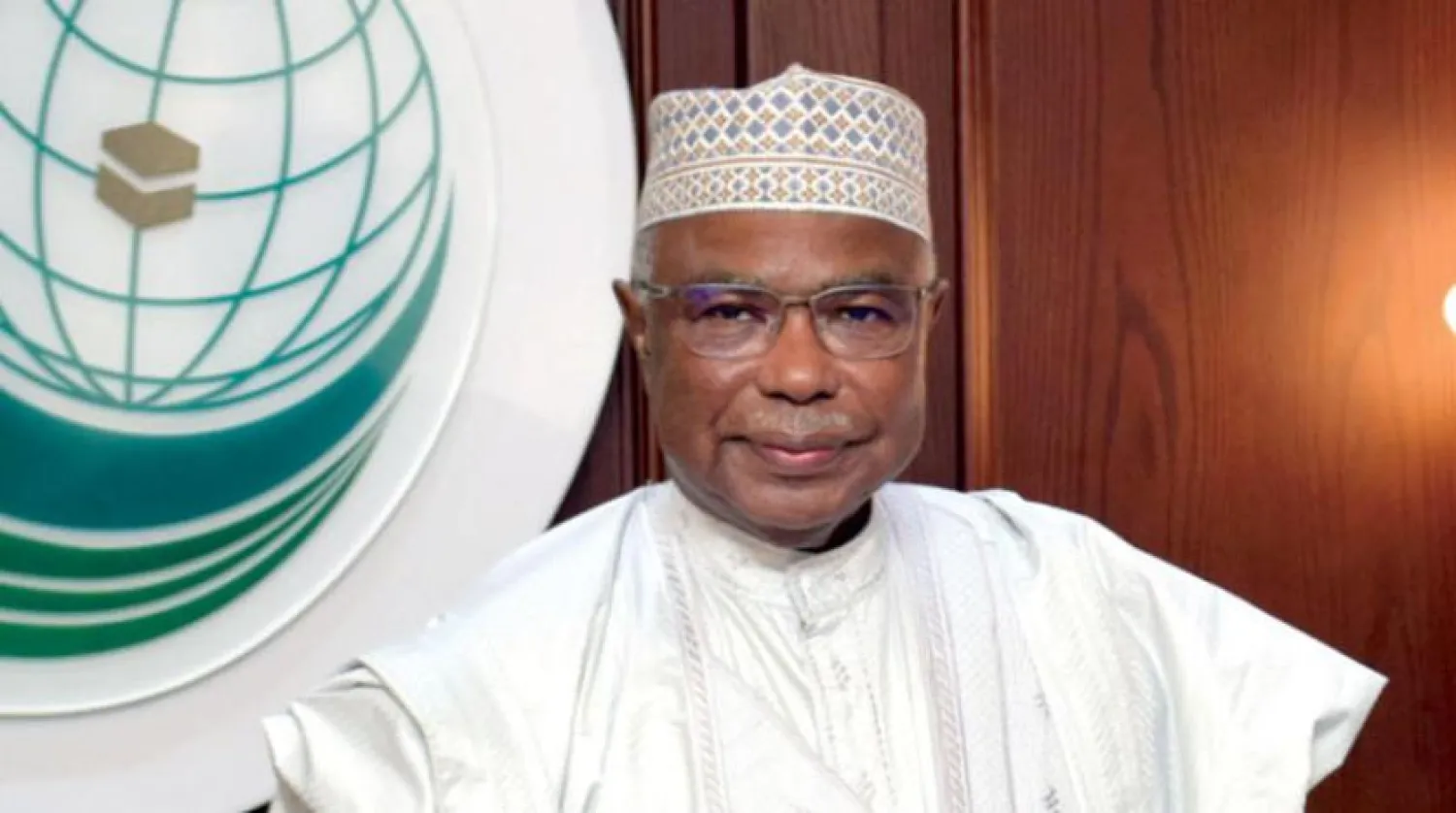Secretary-general of the Organization of Islamic Cooperation (OIC) Hissein Brahim Taha has revealed that the 57-member body and the Islamic Development Bank (IDB) are negotiating with international parties to unfreeze Afghan assets.
This push is meant to help resolve Afghanistan’s economic crisis. Meanwhile, Taha said the OIC is urging the IDB to speed up the establishment of a trust fund that aims to support humanitarian and development assistance to those affected by the humanitarian crisis in Afghanistan.
Speaking to Asharq Al-Awsat, Taha said that the OIC’s special envoy is expected to visit the Afghan capital, Kabul, soon to hold negotiations with the Taliban on how to implement the decision taken by the Council of Foreign Ministers.
Last December, the OIC held an extraordinary meeting for its Council of Foreign Ministers to address the situation in Afghanistan. While the summit was hosted in Pakistan, it was upon the invitation of Saudi Arabia.
The meeting decided to establish a Humanitarian Trust Fund, under the aegis of the IDB, to serve as a vehicle to channel humanitarian assistance to Afghanistan, including in partnership with other international actors.
The Council of Foreign Ministers requested the IDB expeditiously operationalize the Humanitarian Trust Fund by the first quarter of 2022.
It also requested arranging a delegation of prominent religious scholars and Ulama led by the International Islamic Fiqh Academy and other relevant religious institutions, to engage with Afghanistan on issues of vital concern, such as, but not limited to, tolerance and moderation in Islam, equal access to education and women’s rights in Islam.
“We started our diplomatic endeavors to mobilize the financial resources of the fund, by communicating with donor countries in the organization to donate to the account of the fund as soon as it is operational,” Taha told Asharq Al-Awsat about starting up the Afghan humanitarian trust fund.
“We expect the OIC office to play a tangible role in contributing to humanitarian relief operations, especially after the establishment of the trust fund at IDB and the actual launch of our humanitarian program,” he added.
As for Afghanistan being strapped for cash, Taha asserts that unfreezing Afghan funds would help in resolving the economic crisis. Afghan ministers had requested the OIC and the IDB hold consultations with international parties on this important issue.
Taha stressed that the OIC, immediately after ending the Afghanistan meeting, held constant consultations with member states and international partners to support Afghanistan.
He explained that establishing the trust fund and mobilizing donations from member states would greatly help in supporting the Afghan economy.
As for dangers imposed by the Iran-backed Houthi group in Yemen, Taha stressed that OIC resolutions and statements condemn all the threats and practices undertaken by Houthi militias in the Red Sea, Bab al-Mandab Strait and the Gulf of Aden.
The OIC chief asserted that the organization condemns Houthi attacks against international vessels in the Red Sea, saying that it threatens navigational safety in international waters.
Taha pointed to the organization's repeated assertions of the need to implement Security Council Resolution No. 2216 (2015), which called on the Houthis under Chapter VII of the United Nations Charter to withdraw their forces from all the areas they seized and ban the supply of arms to them.
“The organization supported the military steps taken by the Arab Coalition to defend Yemen, its people and the legitimate state authorities,” said Taha, reaffirming the OIC’s support for Saudi Arabia and the UAE in the face of the vicious Houthi attacks.
He said the organization stands with the Kingdom and the UAE in all the steps and measures they take to preserve their security and stability.









